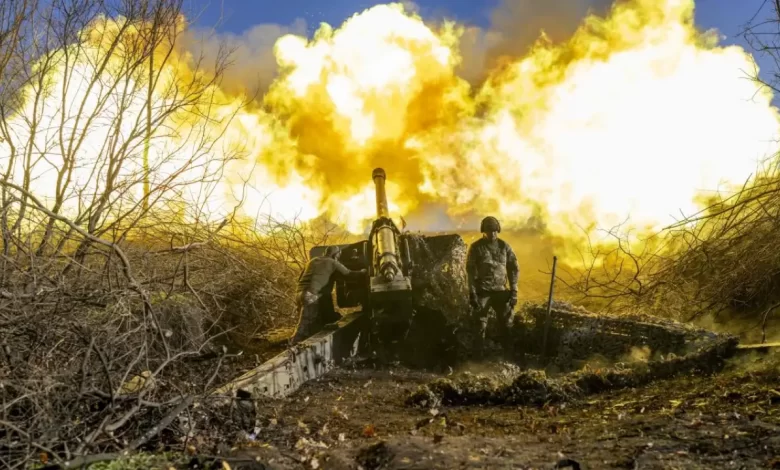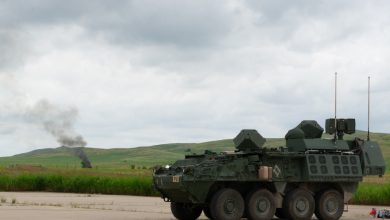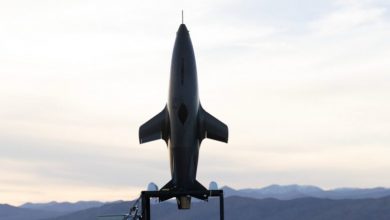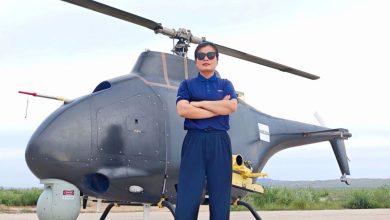Kyiv reports ‘Intensified’ combat as Putin says counteroffensive failing

Ukraine on Sunday said fighting had “intensified” on the eastern front as Russian President Vladimir Putin deemed Kyiv’s counteroffensive a failure.
Putin is yet to decide if Russia will renew the grain deal – expiring late Monday – that allowed the resumption of Ukrainian exports through the Black Sea, temporarily halted when the invasion began in February 2022.
Ukraine last month began its highly anticipated fightback after stockpiling Western weapons and building up its offensive forces.
It has however admitted difficult battles and called on the United States and other allies to provide long-range weapons and artillery.
Ukrainian Deputy Defence Minister Ganna Malyar said “the situation has somewhat intensified in the east.”
“For two days in a row, the enemy has been actively attacking in the Kupiansk sector in the Kharkiv region. We are on the defense,” Malyar wrote on Telegram.
She nevertheless said Ukrainian forces were “gradually moving forward” near the eastern city of Bakhmut, which Russian forces seized in May.
Battle for Bakhmut
She said Ukrainian soldiers were advancing south of Bakhmut and trying to hold their positions in the north.
On the front near Bakhmut, a commander of the artillery battalion of the 22nd separate mechanized brigade told AFP he was satisfied with the counteroffensive but said progress was painful.
“Any day that we take back 10, 20, 100 meters is already a big win and achievement,” said the commander under the call sign “Bulat.”
Battery commander “Volyna” told AFP “we are encircling Bakhmut, kicking out (Russians) of Klyshchyvka,” a village south of the hotspot city.
Bakhmut, once home to 70,000 people and known for its sparkling wine and salt mine, has been destroyed by the longest and bloodiest battle of the war.
“In Bakhmut itself, we are shelling the enemy, and the enemy is shelling us,” Malyar said.
On Friday, Ukraine said it had over the past week advanced nearly two kilometers around the southern city of Melitopol, occupied by Russia shortly after the war began.
“People should understand what price we pay for (advancing)… There are a lot of enemies. We need time to grind them,” commander Bulat told AFP.
In a televised interview broadcasted Sunday, Putin said the Ukrainian military made no progress.
“All enemy attempts to break through our defenses… they have not succeeded since the offensive began. The enemy is not successful,” Putin said.
On Tuesday the Russian army announced that it advanced 1.5 kilometers (0.9 miles) near the town of Lyman in eastern Ukraine.
In the televised interview, Putin “positively” assessed the course of his special military operation.
Grain Deal Negotiations
Putin has not yet said if Russia would renew the deal under which Moscow allowed Ukraine to ship its grain across the Black Sea.
Set to expire late Monday, the deal brokered by the United Nations and Turkey, signed by Moscow and Kyiv in July 2022, established a protected sea corridor allowing Ukraine’s agricultural goods to reach global markets.
Russia however says obstacles to its own exports remain, and threatens to pull out of the grain deal over the issue.
On Saturday, Putin said Russia still had concerns about the deal.
“Vladimir Putin stressed that the obligations… to remove obstacles to the export of Russian food and fertilizers still remain unfulfilled,” according to a Kremlin statement.
“The main goal of the deal, namely the supply of grain to countries in need, including on the African continent, has not been implemented,” Putin said.
UN Secretary General Antonio Guterres supports removing hurdles to Russia exporting its fertilizers and sent Putin a letter on the subject Tuesday.
By ensuring the security of maritime cargo traffic in the Black Sea – along with inspections to counter arms shipments – the deal has allowed the export of nearly 33 million tons since it entered into force on August 1, 2022, mostly of wheat and maize.
The accord helped bring down prices that had shot higher following Russia’s invasion and avoid hunger in countries heavily dependent upon imports.





